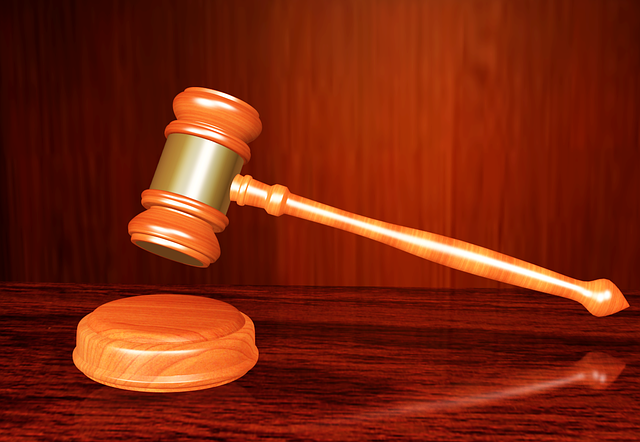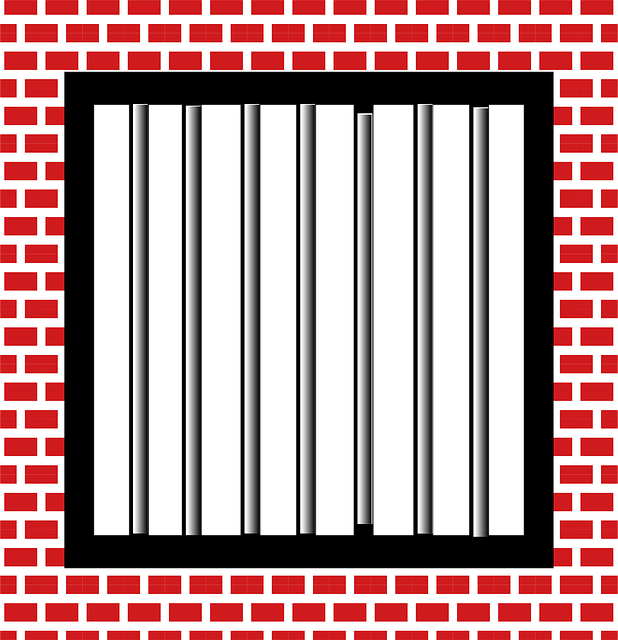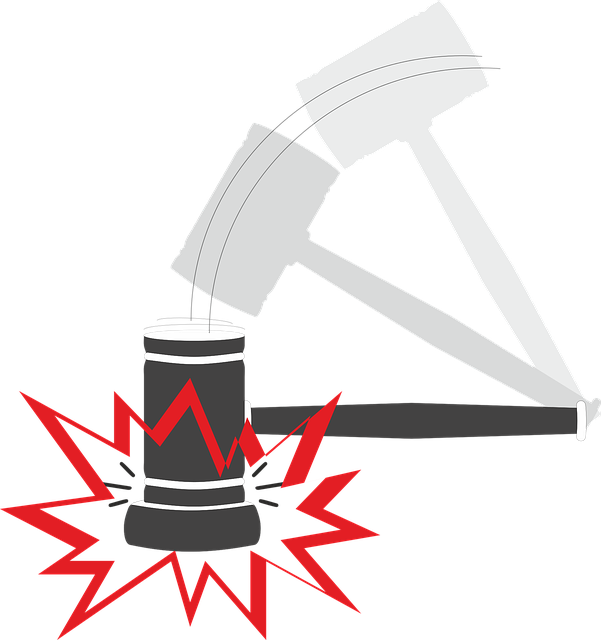RF Regulatory Agency investigations face unique hurdles in jury selection due to the complex nature of RF technologies and their widespread impact, requiring detail-oriented individuals with technical knowledge to ensure impartial judgments. Overcoming bias and unconscious prejudices is critical, emphasizing diverse teams and transparent screening methods for a fair trial. Mastery of jury selection strategies, supported by case studies, is key to securing favorable defense verdicts, addressing the Challenges Faced During Jury Selection in RF cases.
“Unraveling the intricacies of RF Regulatory Agency Investigations, this comprehensive guide offers a detailed look at the pivotal role of jury selection in RF compliance proceedings. As regulatory bodies navigate complex cases, understanding the challenges faced during jury panel preparation is essential. We explore common hurdles and present effective strategies to mitigate bias and prejudice. Through insightful case studies, we demonstrate successful approaches, providing valuable insights for professionals navigating these intricate investigations.”
- Understanding RF Regulatory Agency Investigations: A Comprehensive Overview
- The Role of Jury Selection in RF Compliance Proceedings
- Common Challenges Arising During Jury Panel Preparation
- Strategies to Overcome Bias and Prejudice in RF Investigations
- Case Studies: Analyzing Successful Jury Selection Approaches in RF Cases
Understanding RF Regulatory Agency Investigations: A Comprehensive Overview

RF Regulatory Agency investigations are comprehensive inquiries into potential violations of radio frequency (RF) and wireless communication regulations. These agencies play a crucial role in ensuring fair competition, protecting consumers, and maintaining national security in the RF spectrum. The process involves meticulous review of documents, interviews with stakeholders, and often leads to jury trials.
One of the significant challenges faced during these investigations is jury selection. Given the technical nature of the cases, finding jurors with a balanced understanding of RF technologies and regulations can be daunting. This is especially true in communities where technological literacy varies widely, spanning both the philanthropic and political spheres. Moreover, white-collar defense strategies often require a deep dive into complex legal nuances, demanding potential jurors possess a keen aptitude for detail and analytical thinking to render impartial judgments in these unique cases.
The Role of Jury Selection in RF Compliance Proceedings

The selection of a fair and impartial jury is a cornerstone of any legal proceeding, yet in RF regulatory agency investigations, this process can present unique challenges. As RF technologies continue to permeate our daily lives, from wireless communication to medical devices, ensuring compliance across the country becomes increasingly complex. The diversity of industries and stakeholders involved means that finding jurors with relevant technical knowledge while maintaining impartiality is a delicate task. This is especially crucial in cases where the interpretation of regulatory standards and their application can significantly impact businesses and consumers alike.
Challenges faced during jury selection in RF compliance proceedings often require a balanced approach. On one hand, the panel must possess an understanding of radio frequency technologies to grasp the nuances of the case, enabling them to make informed decisions. On the other hand, ensuring that these jurors are not biased towards any specific industry or perspective is vital. This balance is essential to maintain the integrity of the legal process, especially as these investigations often traverse all stages of the investigative and enforcement process, involving both philanthropic and political communities.
Common Challenges Arising During Jury Panel Preparation

The process of preparing a jury panel for RF Regulatory Agency investigations presents several unique challenges. One of the primary hurdles is managing the complexity of high-stakes cases, particularly those involving white collar and economic crimes. These cases often require specialized knowledge to understand intricate legal and regulatory frameworks, which can make it difficult to find jurors with the necessary background or awareness.
Additionally, ensuring a fair and impartial jury in such sensitive matters is paramount. Jurors must be able to set aside personal biases and preconceptions when considering evidence presented during trials involving significant financial implications for his clients. The potential influence of media coverage and pre-trial publicity poses another challenge, as it can shape public perception and affect the ability of prospective jurors to render unbiased verdicts. Effective strategies to mitigate these challenges include thorough juror questionnaires, individual voir dire, and careful consideration of potential biases during panel selection.
Strategies to Overcome Bias and Prejudice in RF Investigations

Overcoming bias and prejudice is a significant challenge in RF (Radio Frequency) investigations, ensuring fairness throughout the process. The complexities arise from various factors, including unconscious biases that can influence decision-making at every stage. To mitigate this, investigators should embrace diverse teams, incorporating perspectives from different backgrounds and experiences. This strategic approach aids in recognizing and challenging preconceived notions, fostering a more objective environment.
During jury selection, addressing challenges faced is crucial. An unbiased selection process guarantees a fair trial for both corporate and individual clients. By implementing rigorous and transparent screening methods, investigators can achieve an unprecedented track record of impartiality. This involves careful consideration of potential biases and ensuring representation from all relevant demographics, enabling a balanced and informed decision-making body. Such precautions are vital to maintaining the integrity of RF investigations across all stages of the investigative and enforcement process.
Case Studies: Analyzing Successful Jury Selection Approaches in RF Cases

In the realm of RF Regulatory Agency investigations, understanding successful jury selection strategies is paramount for achieving winning challenging defense verdicts. Case studies offer valuable insights into navigating the intricate challenges faced during this critical phase. By analyzing past cases, legal professionals can uncover effective approaches to selecting impartial juries, a crucial step in all stages of the investigative and enforcement process.
These case studies highlight the importance of thorough preparation, strategic questioning, and recognizing potential biases. Jurors’ perceptions of radio frequency (RF) technologies and their impact on health, privacy, and safety play a significant role in trial outcomes. Skilled attorneys who adapt their selection methods based on these factors often secure more favorable results for their clients. This approach ensures that the jury remains focused and unbiased, ultimately contributing to a fair and just resolution.
RF Regulatory Agency investigations demand a meticulous approach, especially during jury selection, where unbiased and diverse panels are crucial for fair outcomes. This article has explored the comprehensive process, from understanding regulatory agency probes to implementing strategies to overcome potential biases. The case studies highlighted successful jury selection techniques, demonstrating that addressing Challenges Faced During Jury Selection is an essential component of navigating complex RF compliance proceedings. By learning from these insights, professionals can enhance their preparation and contribute to more equitable outcomes in RF investigations.






